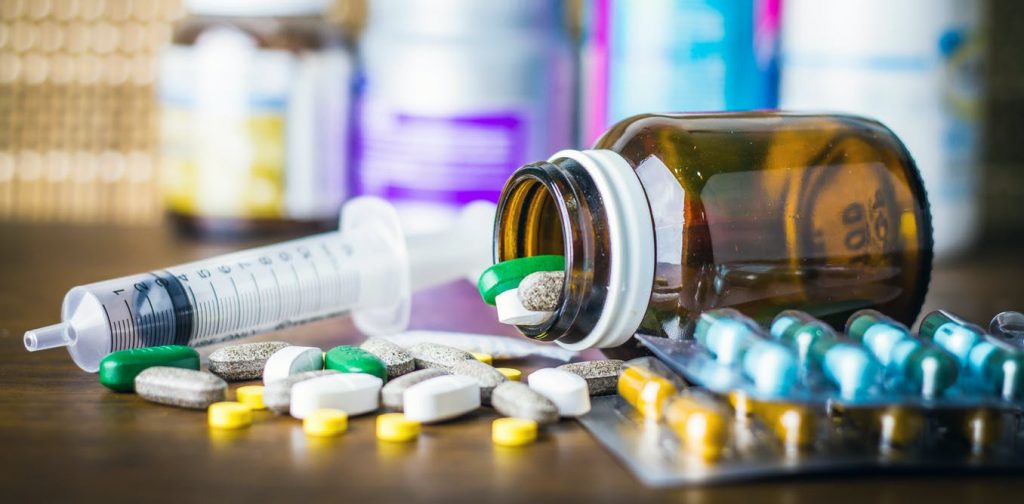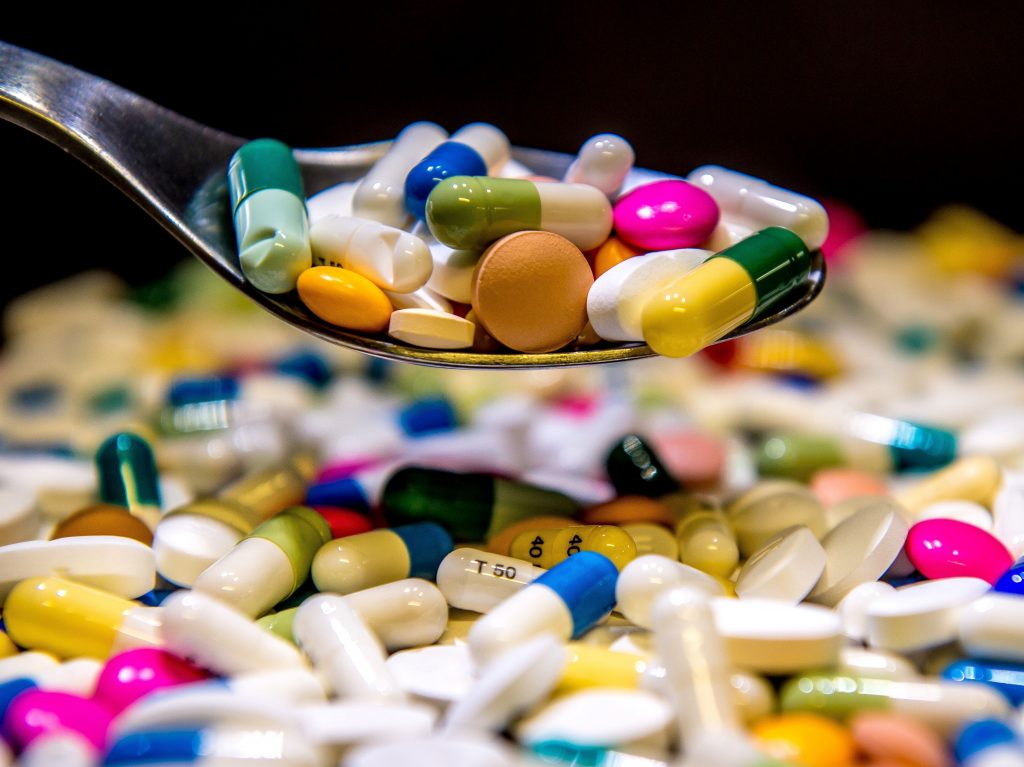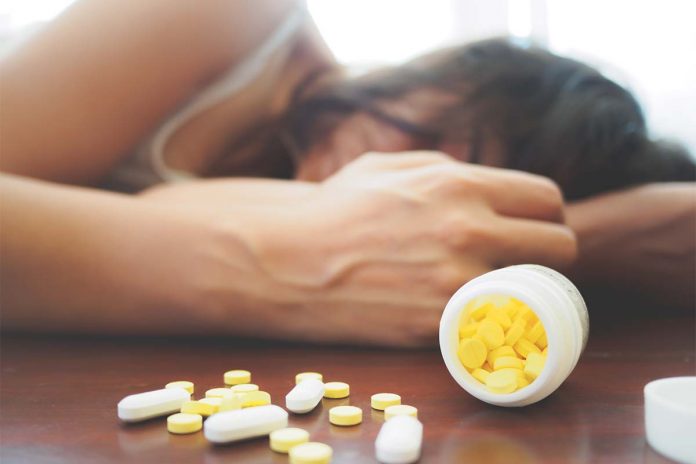There is a difference between ‘drug abuse’ and ‘dependence’. Some persons who take prescription medications under a doctor’s care can be dependent on the medications they take. However, this does not mean they are drug addicts. What is the difference between abuse and dependence?
Physical Dependence refers to a patient’s need to take a drug. If a patient is dependent, he or she will experience withdrawal symptoms when the medication is discontinued. This is a normal reaction to certain medical substances, such as opioids.
There is a physiological craving for the substance. The dependent user may become tolerant to the medication.

Tolerance refers to a need for increased dosage of a medication or drug to produce the desired result. The body becomes accustomed to the chemical, and the usual dosage is no longer effective.
Drug Abuse refers to taking a drug for a purpose other than the one it was prescribed or intended for. This may lead to dependence, physical damage, and even death.
Drug Addiction refers to continuing to take a chemical (drug) because it produces a desired effect, “to get high, to have fun, to get a lift, or to calm down.” (FDA, see source below) . This is an obsessive behavior. The victim continues to take the drug even though he or she is aware of detrimental effects. The overwhelming desire is also associated with a compulsion to acquire the drug, increased dosage, dependence, and detrimental effects to family and society.

Prescription Drug Abuse is the use of prescribed medications for a purpose other than the intended use.
“Physical dependence, which is sometimes unavoidable, develops when an individual is exposed to a drug at a high enough dose for long enough that the body adapts and develops a tolerance for the drug… If the patient stops taking the drug, then withdrawal will occur… The individual can’t just stop taking the drug; the dose has to be tapered,” FDA , see below


















